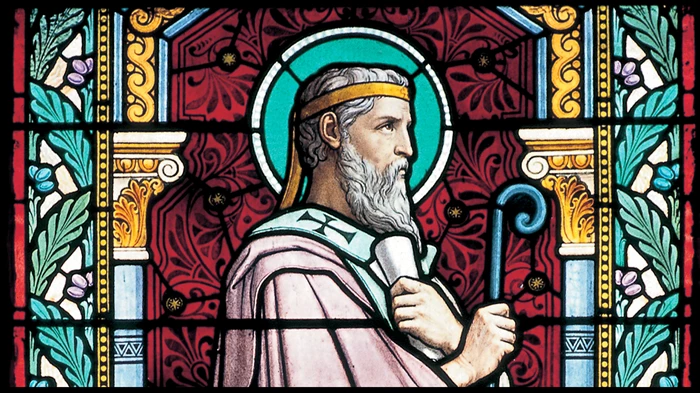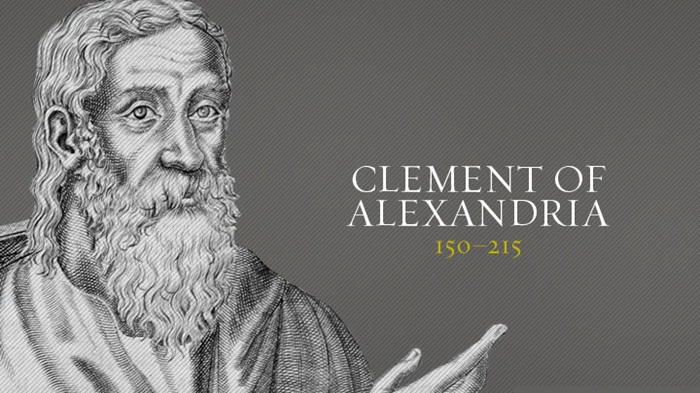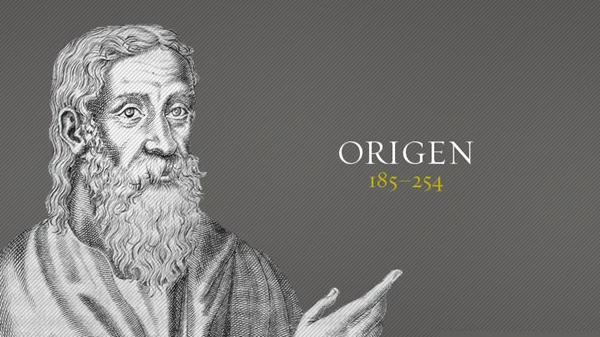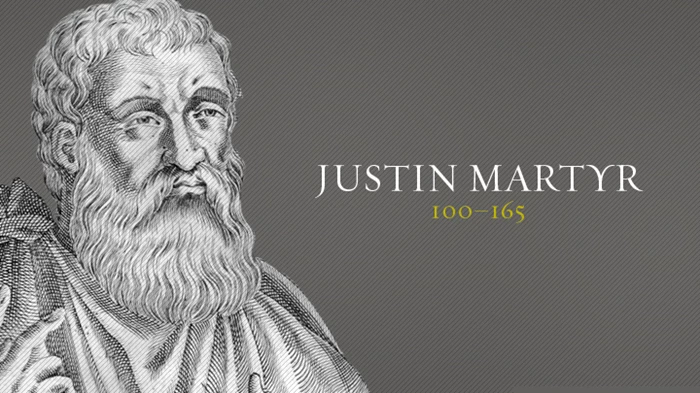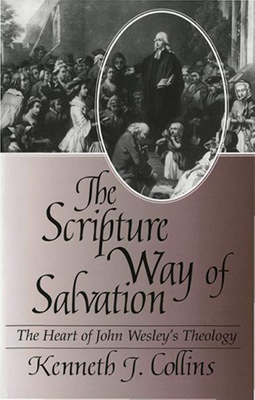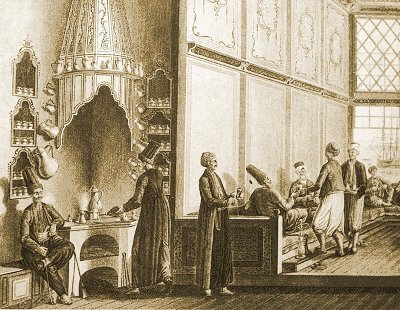Irenaeus of Lyons was one of the most prominent theologians in the second century. In the Ecclesiastical History (5:20), Eusebius of Caesarea asserts that Irenaeus was a hearer of Polycarp, who was a disciple of John the apostle according to the tradition.[1] Many scholars speak of Irenaeus as the church’s “first theologian”.[2] Some prefer to speak of him as the church’s “first biblical theologian”, for his exegetical methodology in The Demonstration of the Apostolic Preaching.[3]
In the Apostolic Preaching, Irenaeus did not present Christianity as a system of theological beliefs nor as a form of systematic theology.[4] He did not intend to provide his readers with complicated theological definitions; rather he wanted to follow the example of the great speeches in the Book of Acts,[5] to help his reader keep the “rule of faith” (Ch.3). “Rule of faith” forms the basic foundation of the believer to refuse heresies and to keep the holiness of the soul, which leads also, through God’s commandments, to keep the holiness of the body. According to Irenaeus, the “rule of faith” is basically connected to the biblical narrative, which is, in turn, connected to the apostolic preaching of this narrative.[6] In other words, Irenaeus sees that we “must keep the rule of faith” (3), and to do that, we must keep the biblical narrative according to the apostolic preaching of this narrative. According to Irenaeus, it seems that the “rule of faith” can be preserved only through the “biblical narrative” and the “apostolic tradition” that interprets this biblical narrative. This centrality of the apostolic preaching and understanding of the biblical narrative, according to Irenaeus, might explain why he gathered and combined the traditions of his predecessors from Asia Minor, Syria, and Rome to use them to refute the Gnostics in Against Heresies.[7]
The Demonstration of the Apostolic Preaching reflects explicit and clear formulations of trinitarian theology. Although some scholars see Irenaeus’ trinitarian theology as “nascent trinitarianism”,[8] the first chapters of his book (3b-8) refute this opinion. Irenaeus starts his teaching by talking about “Baptism” and “Creation” through a trinitarian framework. He clarifies that God the Creator is the same God, the Father, the Son, and the Holy Spirit, whom in His name we are baptized in the New Testament. God, the Father, has created all things, making to exist what did not exist. Since God is verbal “λογικός”, He created all that he had made through the “Logos” (5), His Son Jesus Christ (6). And since God is Spirit, He has adorned all things by the Spirit (5). Our baptism takes place through the Trinity, “granting us regeneration unto God the Father through His Son by the Holy Spirit” (7). It is noticeable that Irenaeus talked about “Creation” alongside “Baptism”. This can indicate that he probably wanted to parallelize both “Creation” and “New creation in baptism” in a trinitarian framework.
Through an exegesis of Genesis 1-3, Irenaeus teaches about man (11-15). God fashioned man with His own hands (11). Man was created in the image of God and was called to be lord of the earth (12). The image of God is the Son (22). God created paradise for man and the Word Himself was always walking with him in the paradise (12). Man was an infant and it was necessary for him to grow to reach his maturity. God created Eve for Adam, and they were innocents and childlike-minded (13, 14). God gave Adam and Eve a commandment, but they didn’t keep it (15). Transgression of man caused him to be cast out of paradise, lose his participation with the Lord (16), and corrupt the entire human race (18). The history of the human race, through the Old Testament, illustrates the preparation for the coming of the incarnate Word, Jesus Christ (19-29). The incarnation of the Word united man with God. Through the incarnation, man restored his participation with God (31). Jesus Christ, Son of God, and son of David, is “recapitulating all things” in Himself (30). Irenaeus proves the eternal existence of Jesus Christ through the Old Testament scriptures (43-49). The Old Testament also prophesied the birth (50-66) and the passion of Christ (67-82).
It’s very obvious that Irenaeus in The Demonstration of the Apostolic Preaching expressed salvation in terms of “union with God”, “participation between man and God”, and “participation in incorruption” (6, 31, 37, and 41). In Against Heresies (4:20:5, 6), Irenaeus connected this participation and union with God to the “vision of God”. The Holy Spirit leads the baptized Christian to the Word, and the Son presents them to the Father, and the Father gives incorruptibility. So, without the Spirit, it is not possible to know the Son, and without the Son, it is not possible to approach the Father (7). In other words, for Irenaeus, the salvation of man certainly cannot be achieved outside God’s trinitarian nature. Christians must live in truth, holiness, righteousness, and patience to keep the Holy Spirit and to have Him constantly dwelling in them. By the Holy Spirit, believers will experience the coming resurrection, when the body receives back again the soul to live into the eternal kingdom of God (42).
[1] Eusebius and Roy J. Deferrari, Ecclesiastical History (Washington, D.C.: Catholic University of America Press, 2005), 329.
[2] M. C. Steenberg, Of God and Man: Theology as Anthropology from Irenaeus to Athanasius (London: T & T Clark, 2009), 16, 17.
[3] Ibid, 19.
[4] Irenaeus, and John Behr, ST. Irenaeus of Lyons: On the Apostolic Preaching (Crestwood, New York: St. Vladimir’s Seminary Press, 1997), 7.
[5] Ibid.
[6] Dale M. Coulter, “Irenaeus of Lyons” YouTube. Online video, http://www.youtube.com/watch?v=QAll5Oqv_RI&feature=youtu.be (accessed 29, March 2014).
[7] Robert M. Grant, Irenaeus of Lyons (London: Routledge, 1997), 1.
[8] M. C. Steenberg, 16.


